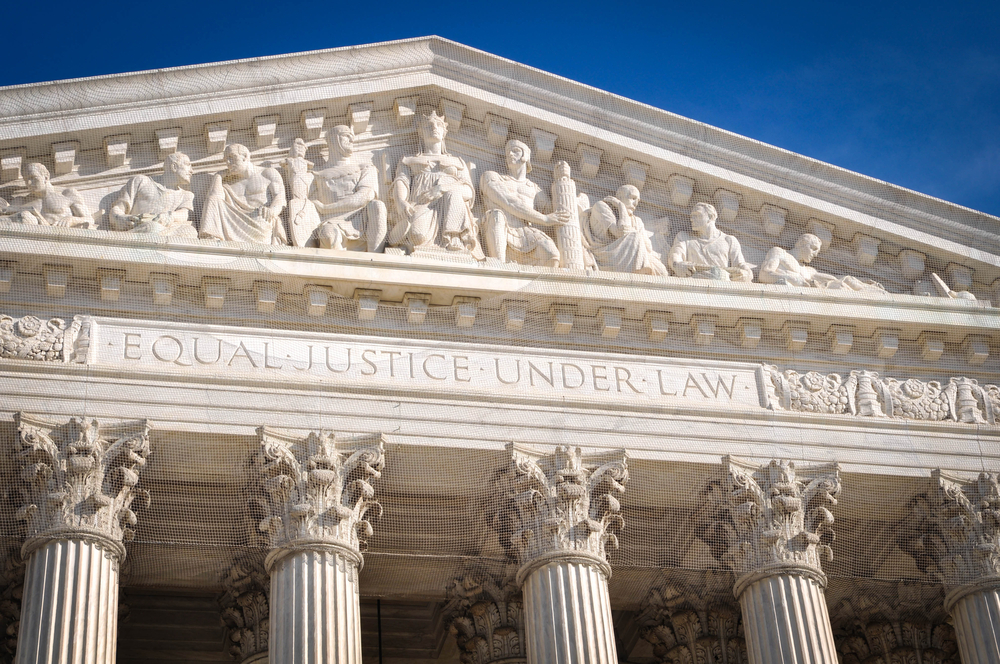Supreme Court Inconsistency on States’ Authority Reveals Its Political Hypocrisy
Issues

On February 8, the Supreme Court heard oral argument in Trump v. Anderson, a landmark constitutional law case poised to join Bush v. Gore, Citizens United, and Buckley v. Valeo in the pantheon of historic Supreme Court democracy opinions. At issue in this case is whether Section 3 of the Fourteenth Amendment bars former President Trump from holding federal office due to his actions on January 6. The case is significant for a variety of reasons but at oral arguments, one thing really stood out: the Court’s inconsistent stance on state power.
Two years ago, in Dobbs v. Jackson Women’s Health Organization, the Court waxed poetic about the importance of states being able to regulate their own citizens — even at the cost of those citizens’ constitutional rights. “The Constitution does not prohibit the citizens of each State from regulating or prohibiting abortion,” Justice Alito passionately proclaimed. But, just two years later, the Court’s opinion on state power has soured.
In Anderson, the Court appeared to take a decidedly different tone than in Dobbs. Instead of extolling the virtues of state authority, the justices repeatedly questioned states’ ability to fairly implement Section 3 of the Fourteenth Amendment. Chief Justice Roberts claimed that states would petulantly kick Democratic party candidates off their ballots in retaliation for Colorado’s decision to remove former President Trump. Justice Alito, author of Dobbs, implied that states might pass laws to rig elections in favor of one candidate — a concern conspicuously absent from the Court’s gerrymandering jurisprudence. In just two years, state power went from being vital to our democracy to being a threat to that very democracy. So, what happened?
This judicial 180 does not reflect a change in opinion from the Court. Instead, it reflects that federalism has become a doctrine of convenience — a multipurpose tool that the justices can use to secure their desired political outcome. In Dobbs, the Court, aiming to overturn Roe, used federalism to justify taking power away from the federal government and giving it to the states. In Anderson, the Court, aiming to keep former President Trump on the ballot, seems poised to use federalism to take power away from the states and give it to the federal government.
We rely on the Supreme Court to lay out a cohesive interpretation of the law, establishing precedents that are consistent from case to case. Either states are capable administrators of democracy, or they are political actors susceptible to unreasoned decision-making. It is up to the Court to articulate a consistent theory of federal and state power because right now the theory is that states are trustworthy when the Court likes their decision-making and untrustworthy when it does not. Moving forward, the Court must clarify its stance on state power. Because, right now, coherence is hard to come by.
Hayley Durudogan is a Dorot Fellow on the Federal Courts team at Alliance for Justice.